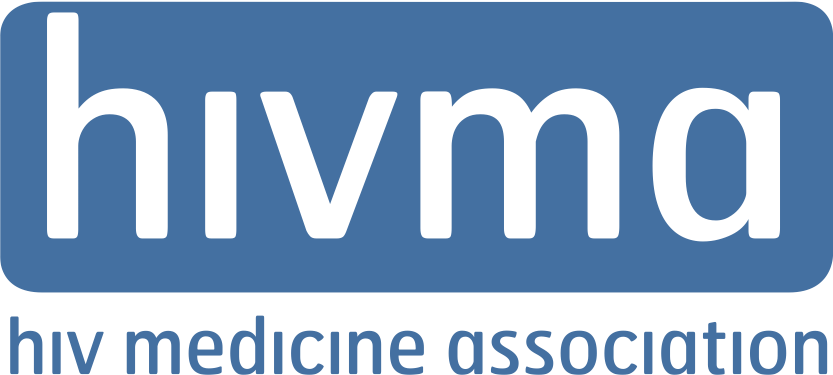
Policy Statement:
Protecting Patient Autonomy and the Provider-Patient Relationship
The Infectious Diseases Society of America and the HIV Medicine Association strongly oppose government interference in the patient-health care provider relationship and religious refusal laws and regulations that allow health care professionals, employers, systems or insurers to deny access to services based on their own personal religious beliefs. Taken together, these policies have been used in recent years to restrict or deny access to important services including pre-exposure prophylaxis (PrEP), gender-affirming care regardless of age, abortion, contraception, syringe services including syringe exchange and medications for opioid use disorder (MOUD) treatment.
The sanctity of the patient and provider relationship is grounded in trust and privacy. Providers and their patients must be able to discuss prevention, care and treatment options based on the best medical evidence, the patient’s needs and the provider’s professional judgement in an environment free from inappropriate legal restrictions or retaliation. Patients must retain the freedom to elect to receive medically recommended care regardless of their race, ethnicity, sex, gender identity, sexual orientation or disability.
As organizations representing infectious diseases and HIV physicians and other health care and public health professionals working in communities across the country, our thousands of members witness firsthand the harmful impact that government interference can have on patients’ ability to access services that are important to their health and well-being. Furthermore, these laws discourage populations who are already marginalized by our health care system from seeking services important to diagnosing, preventing and treating infectious diseases, including HIV, sexually transmitted infections, viral hepatitis and monkeypox.
Our nation is a leader in health care discovery and innovation and has historically been grounded in patient autonomy and choice. Laws that ban or criminalize evidenced-based care and that put patients and their providers at risk for prosecution compromise health outcomes. They also threaten a provider’s oath and ethos to protect patient confidentiality and to offer and deliver health care based on the best available medical evidence.
See also the IDSA, HIVMA and Pediatric Infectious Diseases Society Policy Statement Opposing Anti-LGBT laws.

